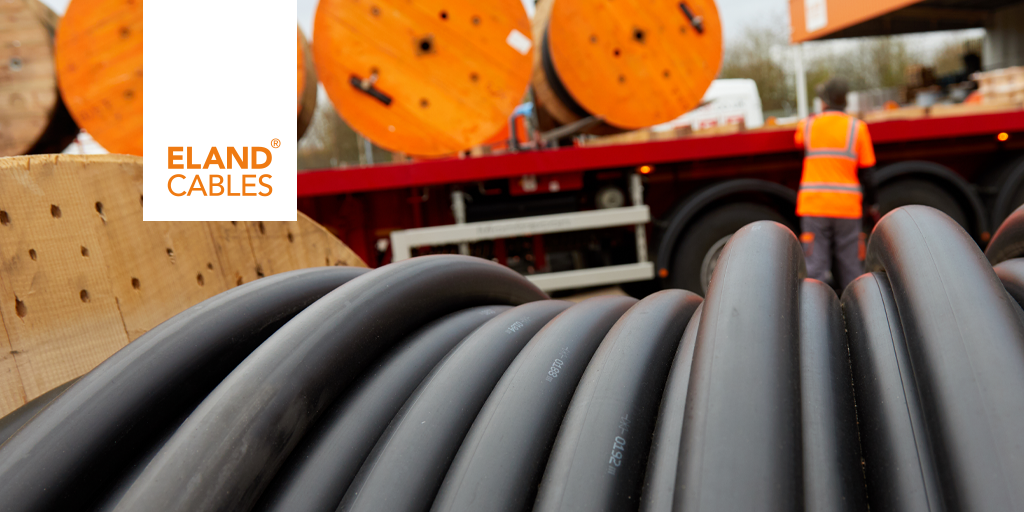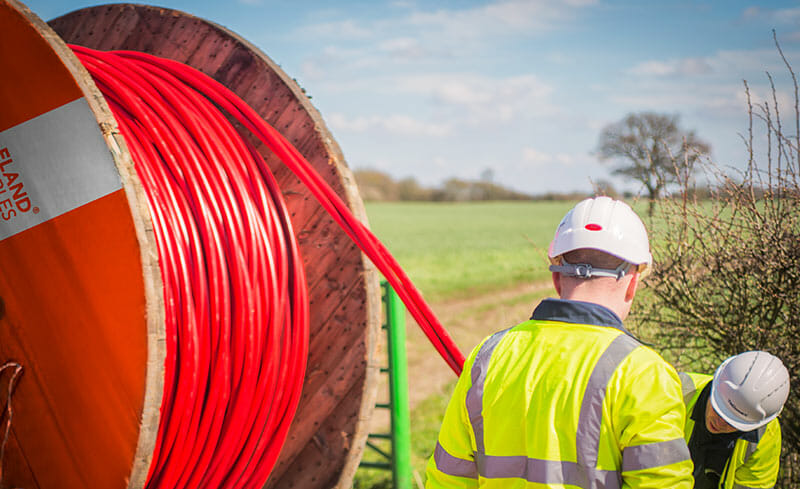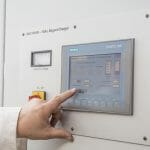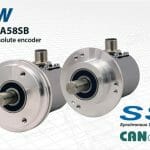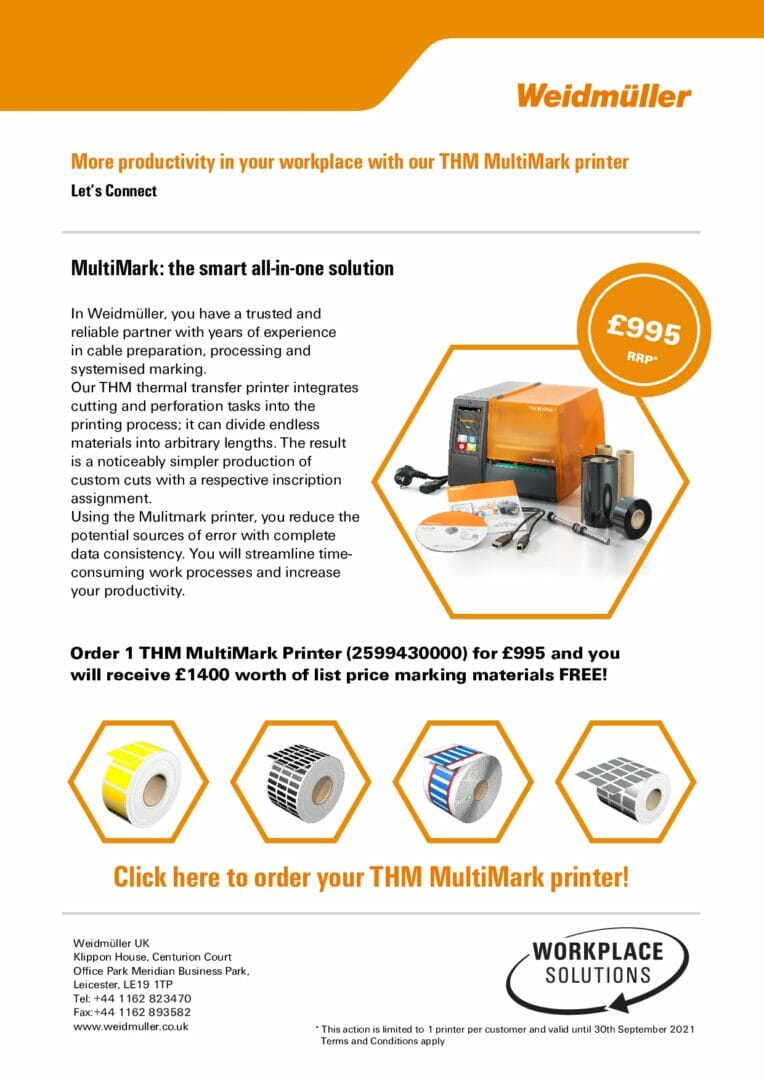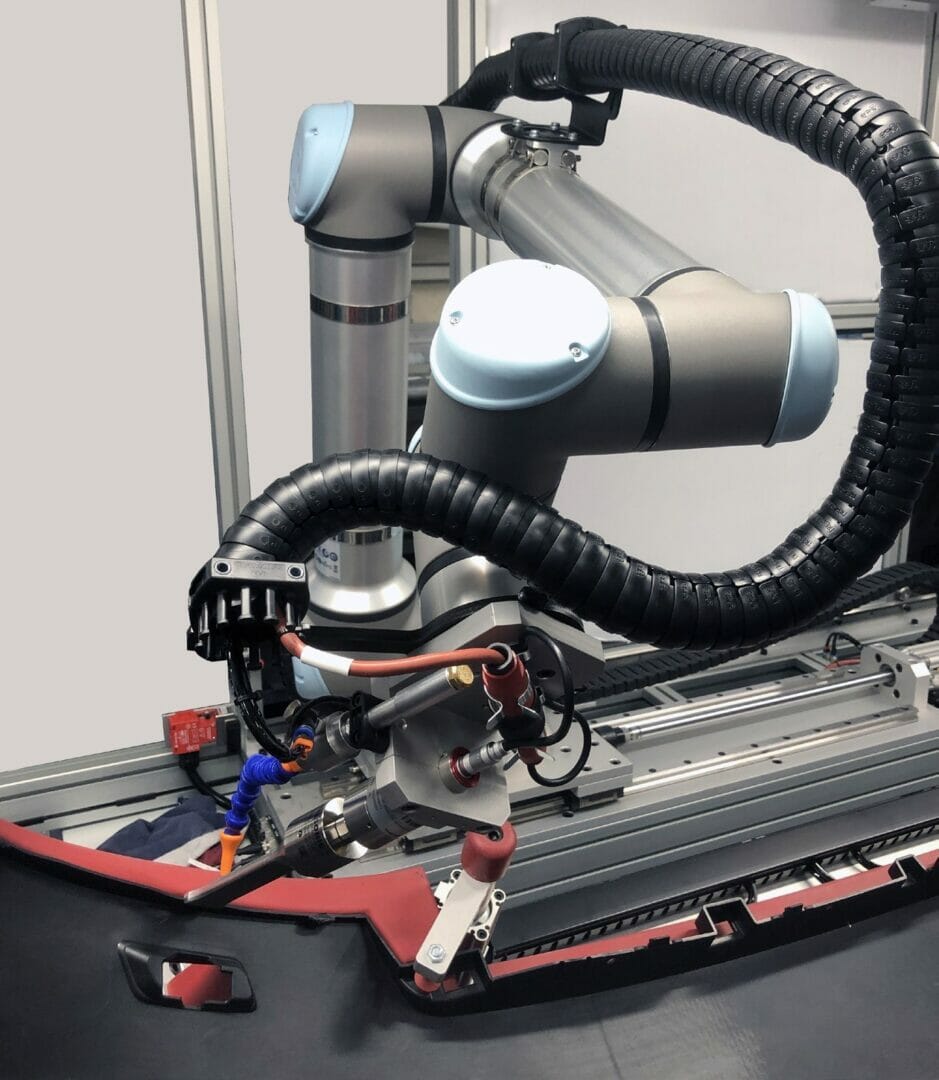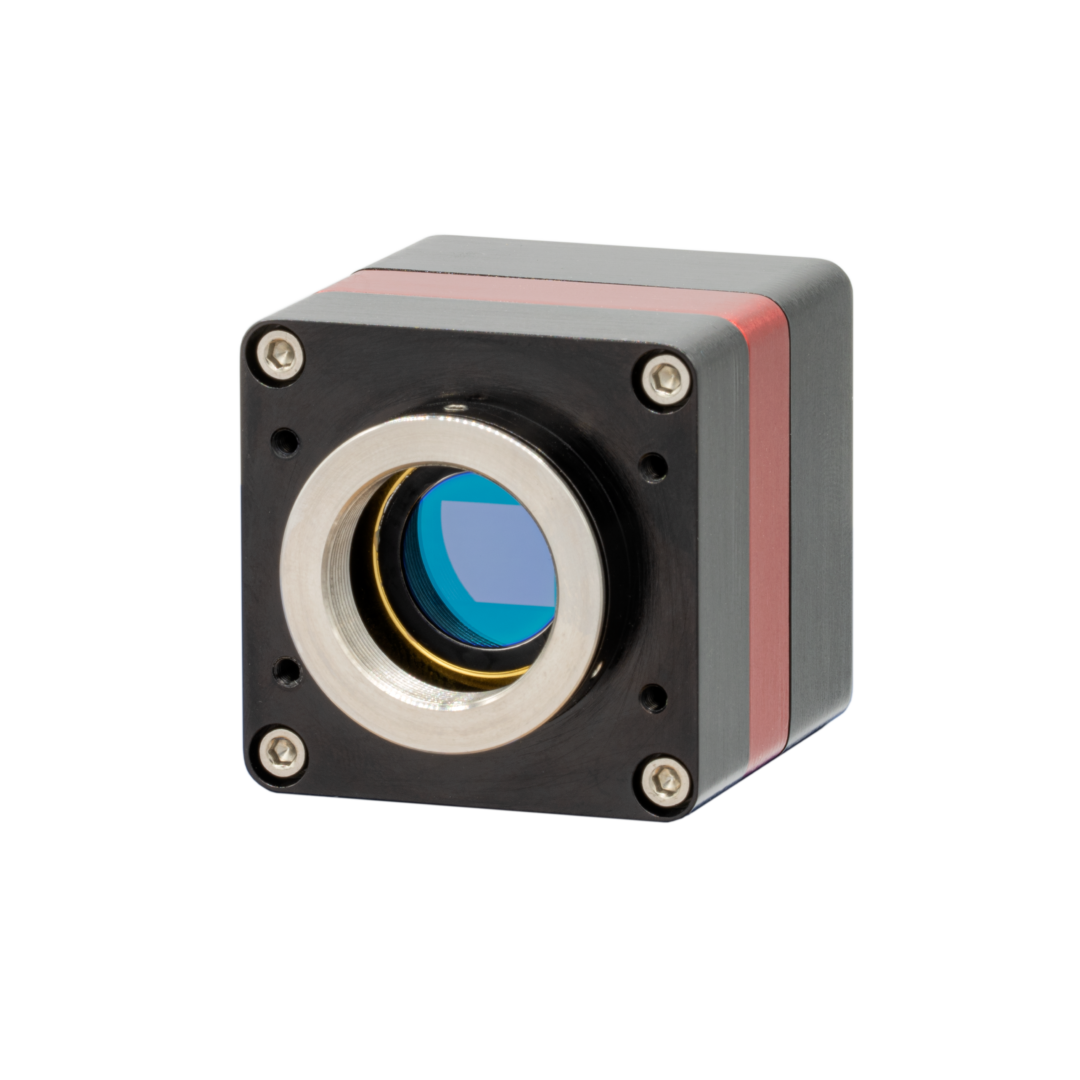Reliability is the golden ticket for any electrical engineering project that requires critical power, control and monitoring cables. Every project is unique with its own set of challenges alongside the constant drive for cost-efficiencies, but if the alternative is unplanned maintenance and downtime how can an unnecessary risk be justified? Where do you start?
- Interrogate the Specification: Essentially, start at the beginning. Does the cable you’re specifying match the demands of the installation, stand up to the installation environment, and meet the geo-specific regulatory requirements? Can you make gains or improvements to the overall profile of the installation through the cables used? And if an off-the-shelf cable isn’t quite what you need then look at custom cable consultancy services and have one designed bespoke.
- Look for Independent Testing: Before it reaches you on site has it been subject to rigorous testing in an accredited cable laboratory? The Lab will test both the completed cable and the individual constructional layers against relevant cable standards to give an assurance of compliance (and quality). Tests including insulation resistance would identify microscopic faults in the materials – elements unseen by the eye but potentially impacting on both the immediate and long-term suitability of the cable.
- Conduct your own visual inspection: It’s an obvious one but does the cable look like it’s of good quality? Is the reel intact, the drum flanges secure and undamaged, do the cables have end-caps to prevent water ingress? Does it strip easily or have the layers stuck together adding extra time onsite when terminating? What about how it’s been delivered – has it been wrapped and packaged securely so it arrives in good condition? Was it handles properly during offload? If it looks uncared for then perhaps it warrants a second thought.
- Expect comprehensive paperwork: Do you have the technical datasheets, the compliance documentation, test reports, certificates of conformity – whatever information you need. And was it readily available and quickly supplied on request?
- Take advantage of technical and industry expertise: Let’s be honest, it’s rare for a project to run without a hiccup. Having access to specialists who can provide technical answers and best practice industry guidance can swiftly steer a project back on course. Make sure you’re working with a cable supplier that works with you from specification through to installation and commissioning.
Quality and Compliance aren’t just boxes to tick and move on – they’re fundamental to the long-term efficacy of an installation, whatever the size or scope. Whilst there’s always a degree of compromise and flex in a project, it shouldn’t come here.
Eland Cables, including its IEC/ISO 17025 UKAS accredited testing facility, works with consultants and electrical engineers to deliver high-profile projects around the world, supplying LV & MV power, data, control and instrumentation cables and accessories. Talk to our team about your project and it’s unique challenges, and learn more about how we can help.
Visit elandcables.com for more information.

